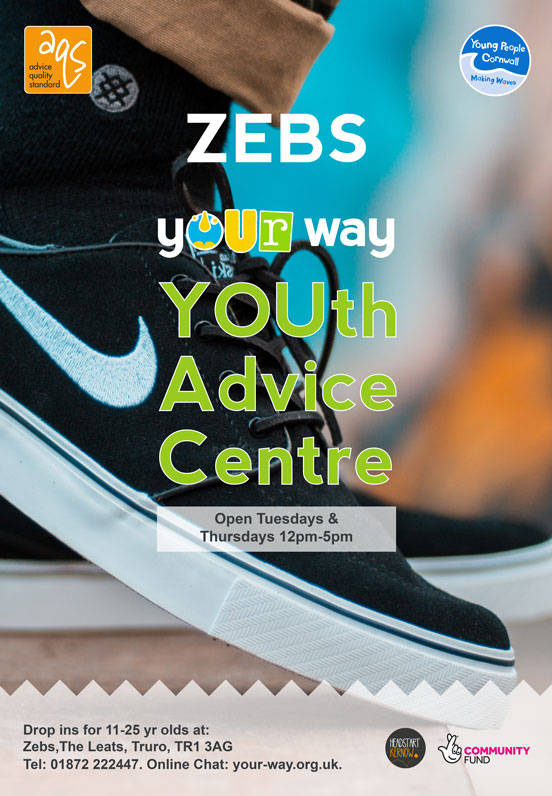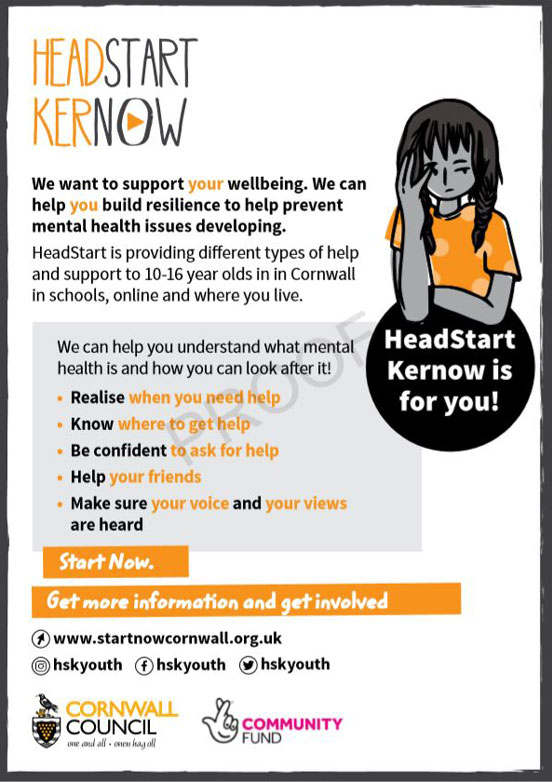Special Educational Needs
Every child at Richard Lander School is special and should experience success and reward wherever possible. Each individual should be given the opportunity to grow in confidence and to achieve to his or her potential. There can be barriers to learning for any child at any time, or of course such barriers can be on-going.
Within this broad framework it is important that we support those students who, for whatever reason, are not able to access the curriculum or who may have emotional or social issues, so that their needs are met and they are able to thrive.
For information about our Area Resource Base (The Ark) please follow this link.
Our Special Educational Needs and Disabilities (SEND) work means that students with any such need are properly identified, supported and their progress and welfare is monitored. Students are very much involved in this process as well as their parents, through the Graduated Response: Assess, Plan, Do, Review process. We also have effective communication with our primary partner schools, to ensure a positive and successful transition as students enter the secondary school phase.
Further details of the school’s SEND provision can be found in the Richard Lander School SEND policy document.
Special Educational Needs and Disability Policy
SEND Offer and Information Report
Please feel free to contact the SEND team should you have any queries or concerns.
Care and Support in Cornwall (Family Information Service)
SEND Code of Practice: 0 – 25 Years
On My Mind – website for young people
On My Mind was launched to help young people have more engagement in mental health support and to give them a greater say in the treatment they receive and the outcomes they desire. The Anna Freud Centre has co-produced On My Mind with young people and it has been clinically approved by the centre. The website is primarily for young people aged 11-25, but it is also a resource for GPs, schools or parents who can signpost young people to the website.
What is the Early Help Hub
The Early Help Hub identifies the most appropriate early help service for a child or young person aged from pre-birth up to 18, or 25 where young people have special educational needs or a disability. It does this by:
• Receiving requests from parents and professionals
• Ensuring that each request has appropriate consent
• Assessing the needs on the request and matching it with the right support service. This sometimes involves contacting the parent or professional to gather further information
• Allocating the request to the most appropriate community early help service
• If an early help service cannot be identified, every effort is made to signpost to other sources of support
Better Health, every mind matters: Looking after a child or young person’s mental health:
https://www.nhs.uk/oneyou/every-mind-matters/childrens-mental-health/
This link is full of all sorts of self-care resources created specifically for young people:
https://www.annafreud.org/on-my-mind/self-care/
These are apps specifically for supporting young people with mental health and emotional wellbeing:
Young Minds have some resources that speak directly to young people:
Then of course there is Childline:
There is also a text number young people can use if they are in crisis simply by texting SHOUT to 85258


Young Minds charity with advice for Parents and Young People to support emotional wellbeing